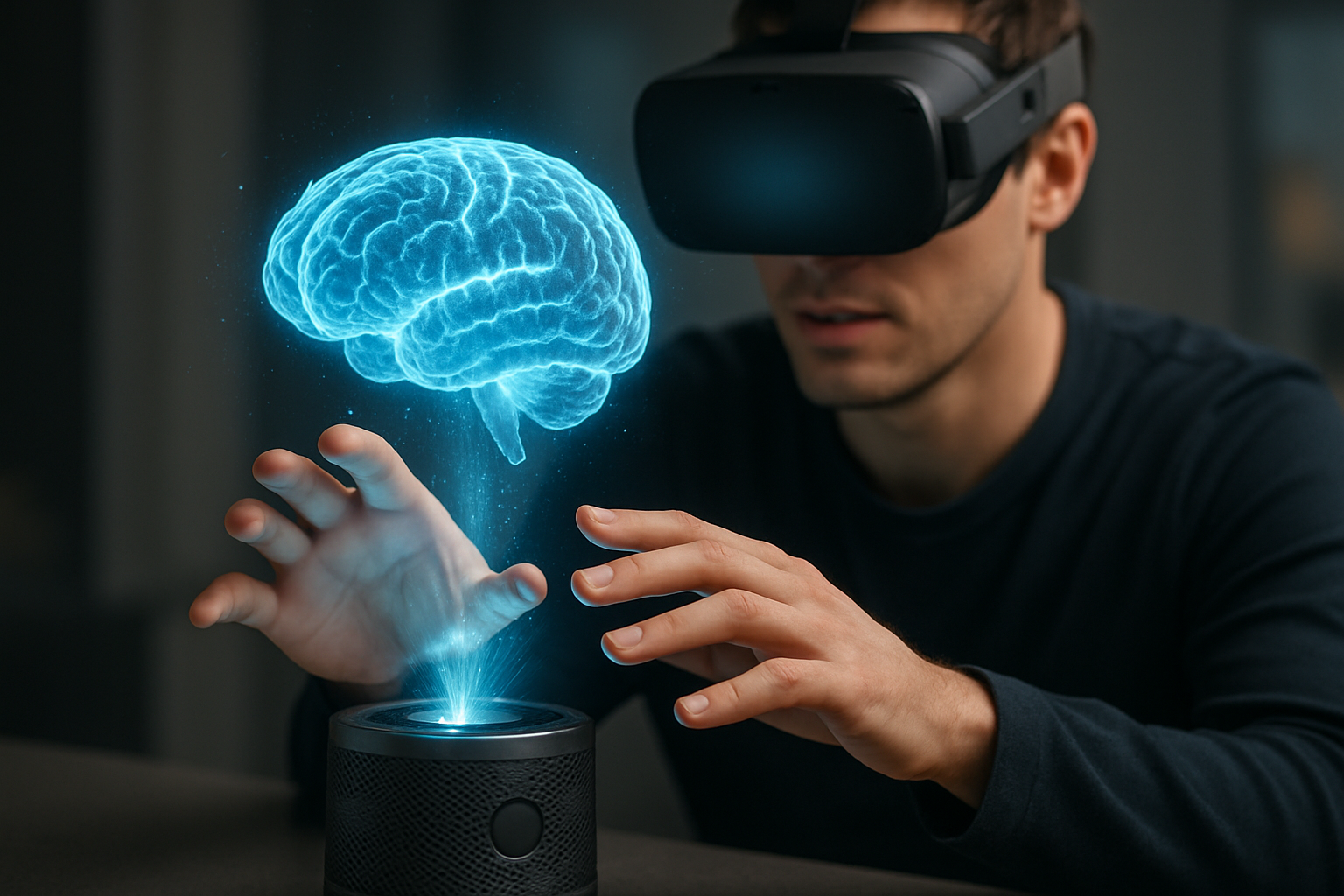Indie Devs Revolutionize Game Design with AI-Powered NPCs
Teaser: Discover how small studios are leveraging cutting-edge AI to create dynamic, lifelike non-player characters, transforming gameplay experiences and blurring the lines between scripted and emergent narratives in ways previously thought impossible.

From Static Scripts to Dynamic Personalities
Traditionally, NPCs in video games have been constrained by pre-written dialogue trees and limited behavioral patterns. Even in expansive open-world games, players could quickly discern the boundaries of an NPC’s programmed responses. However, the integration of advanced machine learning algorithms has shattered these limitations. Indie developers are now creating NPCs with the ability to learn from player interactions, form unique personalities, and even develop their own goals and motivations within the game world. This leap forward is not just about more convincing conversations; it’s about crafting digital entities that can surprise, challenge, and grow alongside the player.
The Technical Marvels Behind AI-Driven Characters
At the heart of this innovation lies a complex interplay of natural language processing, machine learning, and adaptive AI systems. Indie studios are leveraging open-source tools and custom algorithms to create NPCs that can understand context, remember past interactions, and generate appropriate responses in real-time. These systems analyze vast amounts of data, including player behavior patterns, in-game events, and even external sources like social media trends, to inform NPC decision-making processes. The result is a level of depth and unpredictability in character interactions that was previously the domain of human-controlled multiplayer experiences.
Redefining Narrative Structures in Gaming
The advent of truly intelligent NPCs is forcing game designers to rethink traditional approaches to storytelling. Linear narratives are giving way to more organic, player-driven experiences where the choices and actions of both the player and AI-controlled characters shape the unfolding story. This dynamic storytelling approach allows for unprecedented levels of replayability and personalization. Each playthrough becomes a unique journey, with NPCs that may react differently based on their evolving personalities and the specific choices made by the player. It’s a paradigm shift that blurs the line between authored content and emergent gameplay.
Ethical Considerations and Future Implications
As AI-driven NPCs become more sophisticated, they raise intriguing ethical questions about the nature of artificial intelligence in gaming. Some players report forming emotional attachments to these digital characters, leading to discussions about the psychological impact of hyper-realistic virtual relationships. Additionally, there are concerns about data privacy and the potential for AI systems to manipulate player emotions or behaviors. Indie developers are at the forefront of these discussions, often incorporating ethical considerations directly into their game design and fostering open dialogues with their communities about the responsible development of AI in gaming.
The Indie Advantage in AI Innovation
While major game studios are also exploring AI-driven character development, it’s the indie sector that’s truly pushing the boundaries of what’s possible. Unburdened by the constraints of large-scale production cycles and shareholder expectations, independent developers can take risks and iterate quickly on new ideas. This agility allows them to rapidly prototype and implement cutting-edge AI technologies, often outpacing their larger counterparts in innovation. The indie gaming scene has become a hotbed of experimentation, with small teams collaborating across the globe to share knowledge and push the envelope of AI-driven game design.
A Glimpse into the Future of Gaming
As AI technology continues to advance at a breakneck pace, the potential applications in game development seem limitless. We’re on the cusp of a new era where games can offer truly living, breathing worlds populated by characters as complex and unpredictable as real people. This revolution, spearheaded by indie developers, promises to deliver experiences that are more immersive, emotionally resonant, and intellectually stimulating than ever before. The line between player and NPC, between authored content and emergent storytelling, is becoming increasingly blurred, heralding a future where every gaming experience is unique, personal, and profoundly interactive.




